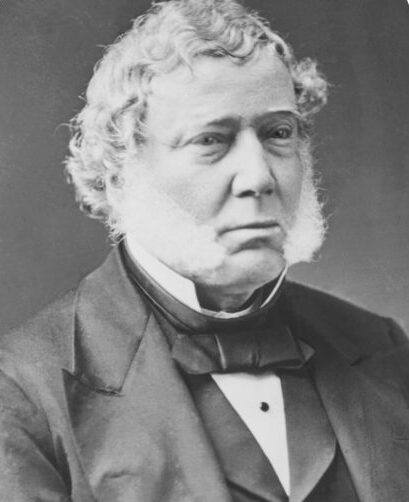
Today’s Leader of Faith
Samuel Neale
Home Call : 27 Feb 1792
Quaker Evangelist, Preacher, Writer.
Samuel Neale (1729–1792) was a Quaker evangelist from Ireland known for his deep spiritual commitment and powerful preaching. He became an influential preacher, traveling extensively to spread the Christian faith, including journeys to Britain and America. He was particularly concerned with spiritual awakening and the inner life of believers. His focus was not on mass conversions but on calling individuals and communities to a deeper spiritual life and renewal within the existing Quaker movement. His writings and letters reflect a deep conviction about God’s guidance and the importance of living a life of integrity and devotion. His preaching emphasized inner transformation, humility, and obedience to God’s will. His letters and journal writings reflect his deep spiritual insights and his burden for revival among Quakers.
He was born in Dublin on 9 November 1729, son of Thomas and Martha Neale. His mother died when he was about six, after which his father went to reside in America. About the age of 18 he was placed apprentice in Dublin, where he spent several dissipated years. In his twenty-second year he was deeply impressed by the preaching of Catherine Peyton and Mary Peisley at Cork and decided to become a Quaker minister. After his conversion, he became an active preacher within the Quaker community in Ireland. In 1752, he accompanied William Brown, an American Friend, on a journey through Ireland, England, Holland and Germany. In 1753, he moved to Rathangan, near Edenderry, King’s County.
Over the coming years, he visited England and Wales on numerous occasions, as well as Scotland at least once. In August 1770, he sailed for America, accompanied by Joseph Oxley. He travelled on horseback to most of the meetings in Philadelphia, Maryland, Virginia, North and South Carolina, East and West Jersey, New England and New York, and returned to Cork on 16 September 1772.
Samuel Neale passed away in 1792. He remained devoted to his faith and ministry until the end. His legacy lived on through his writings, letters, and the spiritual revival he encouraged among Quakers in Ireland, Britain, and North America.
